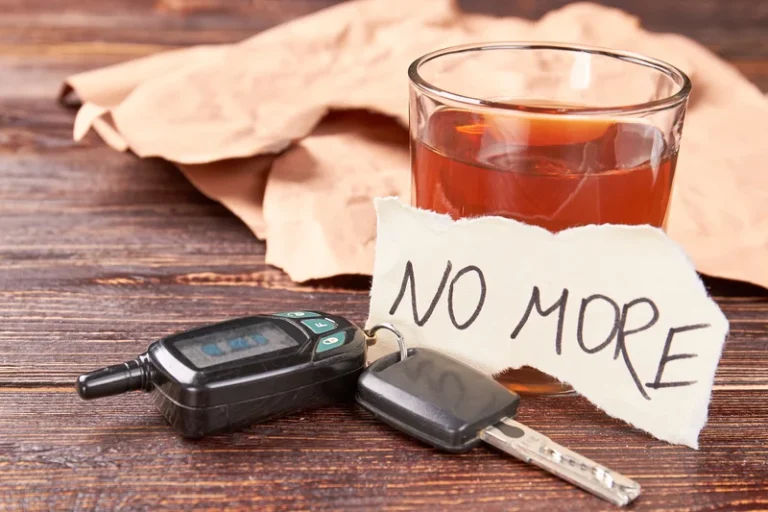
It stands to reason that if your loved one can funnel his or her energy toward healthy productive objectives, they will be successful in leaving the negative disposition of “dry drunk” by the wayside. If your loved one is acting along the above lines, you may feel like you need to “walk on egg shells,” watch every move or word as you don’t want to incite an angry exchange. I have heard clients say that at least when their loved one was drinking they knew what to expect. However, some people are more likely than others to be angry when drinking alcohol. They feel anger to avoid other more challenging emotions and behaviors. It’s common for alcohol alcoholic rage syndrome and anger to be stereotypically lumped together, but many people labeled “angry” while drinking may actually be experiencing aggression or hostility.
Intermittent explosive disorder
Some people may become more angry or aggressive when they drink, in part because of alcohol’s effects on brain chemistry. Consider cutting back or abstaining from alcohol, identifying triggers that make you angry, and practicing stress management techniques like meditation. There are several issues relevant to the effects of trauma on a child in these types of households. The most critical factors include the age of the child, the duration of the trauma during development, and the ability of the child to have support within the family or from an outside source. For instance, more respondents reported feeling aggressive when drinking spirits than when drinking wine.
- Many people who have an alternate personality when they drink look back on it clarity when they sober up.
- It can even be productive because it tells us we need to address some things that aren’t going well in our lives.
- Jennifer Chesak is a freelance medical journalist, editor, and fact-checker with more than two decades of experience and bylines in several national publications.
Treatment & Support

Medical professionals should receive education on how to identify and treat individuals dealing with alcohol-related anger issues. By doing so, they can offer personalized support and recommend appropriate interventions, such as cognitive-behavioral therapy or counseling services. It is important to note that alcohol can exacerbate underlying anger and aggression issues rather than directly causing them. Therefore, when you are grappling with how to deal with an angry drunk, seeking professional help and alcohol rehab and treatment in Los Angeles is crucial. This is because it requires a comprehensive approach addressing both alcohol abuse and anger management techniques to promote their well-being and foster healthier relationships.
- They should also have proactive strategies to avoid dropping out, involve the family in treatment, employ qualified and certified staff, and be accredited by an external regulatory organization.
- The statistics provided by multiple sources further break this down to about 76 million adults in the country who have lived or are currently living with a family history of alcoholism.
- From personal relationships to public safety, there’s a wide range of issues that can stem from this destructive conduct.
- Theories suggest that for certain people drinking has a different and stronger impact that can lead to alcohol use disorder.
- You’ll also have the opportunity to connect with our licensed Reframe coaches for more personalized guidance.
Getting Help for Co-Occurring Disorders
It’s important to note that these symptoms can differ and represent variables in severity and duration depending on the individual and the extent of alcohol abuse. Seeking professional help is crucial to address the underlying issues and facilitate the journey to recovery and healthier coping mechanisms. The physical dependence on the alcohol and the scramble to remain numb often leads alcoholics to blame, manipulate, or bully family members and loved ones until their, now physical need is satisfied.

For example, individuals living in low-income areas with limited access to mental health resources may be more susceptible to alcohol-related aggression due to a lack of support and treatment options. Furthermore, certain risk factors can vary based on a person’s age, gender, sexual minority status, and exposure to trauma or other stressors. Unhealthy alcohol use includes any alcohol use that puts your health or safety at risk or causes other alcohol-related problems. It also includes binge drinking — a pattern of drinking where a male has five or more drinks within two hours https://ecosoberhouse.com/ or a female has at least four drinks within two hours.

Emotional regulation skills and relapse prevention tools are also taught. Through behavioral therapy and counseling, a person is better able to recognize how their thoughts tie into their actions. They can learn to recognize potential triggers and how to safely manage them. Some people are more prone to trouble controlling their anger while drinking than others. People who are more focused on the present than the future are more likely to become angry and aggressive under the influence of alcohol, for example, Science Daily publishes. Drinking cocktails that include energy drinks should be considered a possible factor for aggressive behavior as well.

Oar Health Member Stories: I Needed to Curb My Drinking But Didn’t Know How
Identifying those factors that might contribute to heightened anger when consuming alcohol is important for individuals who have anger issues and those who treat them. Because you are a trusted loved one, the addict knows that you will not hurt them in their pain-fueled rage. Among the many studied physiological and behavioral effects of alcohol is disinhibition, or reduced control over impulses or urges after intoxication.

- Some experts suggest that people who leave treatment programs early or don’t address underlying factors that contribute to alcohol misuse have a higher chance of experiencing this syndrome.
- Alcohol effects the prefrontal cortex of the brain, the region that moderates things like decision-making.
- You might want to participate in treatment with your loved one whenever possible, but it’s also wise to talk to a therapist on your own.
- By taking the proactive steps mentioned above, you can pave the way towards lasting recovery and a healthier lifestyle.
- By taking part in these activities, you can not only improve your understanding of the issue but also work along with others towards a healthier lifestyle.
Addiction treatment providers, such as Sabino Recovery, understand the unique challenges residents face and offer programs tailored to address their specific needs. We understand the challenges you or a loved one might face with alcoholic rage syndrome. Residents at Sabino Recovery have found relief through individualized treatment programs and compassionate support. Seeking help is a crucial step in managing and overcoming this condition.